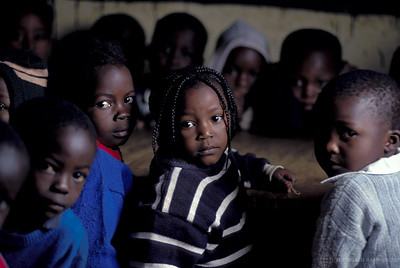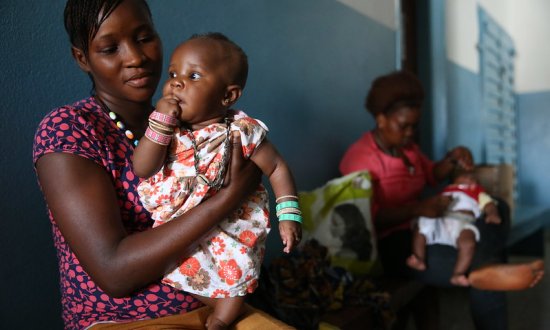The MARC SE-Africa consortium
The MARC SE-Africa consortium

IDDO/WWARN are part of the MARC SE-Africa consortium, set up to respond to the growing crisis in drug-resistant malaria, one of the greatest infectious disease challenges facing Africa.
Artemisinin-based combination treatments (ACTs) are the backbone of all currently recommended treatments for both uncomplicated and severe malaria. But as malaria parasites become resistant to artemisinins, gains in reducing the burden of malaria and advancing its elimination are now threatened: the potential impact of widespread ACT resistance in Africa has been estimated at 16 million more malaria cases each year, and nearly 80,000 additional malaria deaths. Protecting the efficacy of current first-line malaria treatments is therefore a top public health priority.
The MARC SE consortium will provide technical support to National Malaria Programmes and facilitate the implementation of the World Health Organisation strategy to respond to antimalarial drug resistance in SE-Africa.
The four-year MARC SE-Africa project translates evidence about artemisinin and other significant drug resistance to inform better malaria treatment policy and practice, before drug resistance increases the number of malaria cases and deaths. This consortium, coordinated by Professor Karen Barnes at the University of Cape Town in South Africa, will provide technical support to help the nineteen countries of Southern and East Africa respond to the imminent threat of drug-resistant malaria.
The project is funded by the Global Health EDCTP3 Joint Undertaking (GH EDCTP3 JU) and builds on the first and second European and Developing Countries Clinical Trials Partnership (EDCTP) programmes. the MARC SE Consortium is a is a partnership between the EU and the EDCTP Association, whose members are several European and African countries. EDCTP is a focal point for European research activities, promoting coordinated action to maximise impact on poverty-related infectious diseases.
WWARN has pioneered collaborative global data sharing in resource-limited settings since 2009. As part of the MARC-SE Africa consortium, we will expand the existing WWARN Clinical Trials Library to identify, collate and map regional antimalarial resistance data. We will engage the research community and collate surveillance, and work with consortium members to collate individual participant data (IPD) to perform meta-analyses. These analyses will provide crucial scientific evidence to inform better malaria policy and practice in Southern and East Africa. We will also plug knowledge gaps by expanding our molecular marker surveyors into a regional multi-marker resistance prevalence maps an update the Kelch13 genotype-phenotype IPD meta-analysis to better understand the clinical, parasitological and public health implications of Kelch13 mutations, particularly in the African region.
This University of Cape Town-led consortium includes (in alphabetical order): Infectious Diseases Research Collaboration (Uganda), Karolinska Institutet (Sweden), LINQ management GmbH (Germany), Liverpool School of Tropical Medicine (UK) and their Malawi-Liverpool-Wellcome Programme (Malawi), Stichting Amsterdam Institute for Global Health and Development (the Netherlands), Stiftelsen Magic Evidence Ecosystem (Norway), University of Melbourne (Australia), the University of Rwanda (Rwanda), and the WorldWide Antimalarial Resistance Network (part of the Infectious Diseases Data Observatory, UK).
Malaria resistance profiles for South-East African countries
Toolkit: Tools and resources to combat antimalarial resistance
Antimalarial resistance dashboard
MARC SE-Africa project website
Regional Detailed Action Plan for Responding to Antimalarial Drug Resistance in East Africa
Antimalarial Drug Resistance Profile for the East African Region
Professor Karen Barnes, University of Cape Town (UCT) Collaborating Centre for Optimising Antimalarial Therapy (CCOAT). Email: marcseafrica@uct.ac.za


